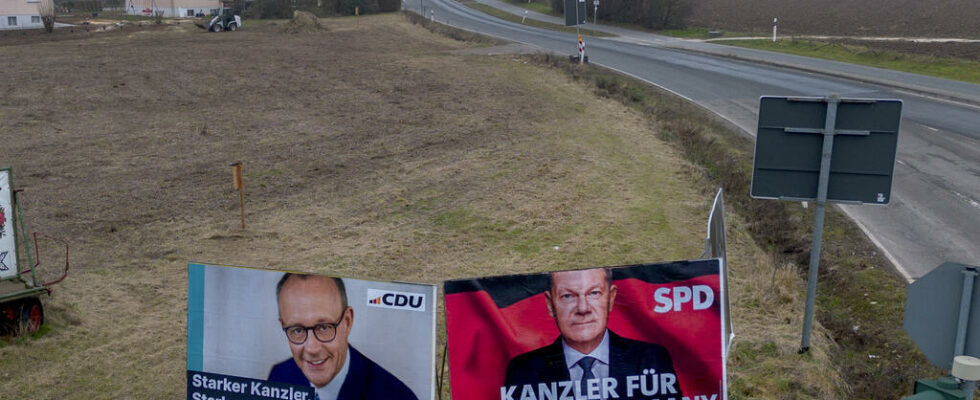Look at the most populous country in the European Union, with nearly 85 million inhabitants, which has been, since its reunification in 1990 and the enlargements of the European Union ten years later, at the heart, or even at the center of Europe. Having become the model of innovative and agile “export”, Germany occupies the world rank of economic powers, behind the United States and China and in front of Japan with a GDP per capita 1.2 times higher than the European Union average. But the return of war on the European continent caused an electroshococ. The model of a Germany “political dwarf and economic giant” installed in a pacifism in principle sheltered from the American umbrella has vacillated. A moult is taking place.
The increase in the defense budget or the definition of a national security strategy testify to the will of Berlin to inaugurate a new era. The early elections of February 23 are an important ballot for the country’s future choices. The favorite of this political meeting is Friedrich Merz, candidate of the Christian Democrat Union, the CDU. His main opponent is the candidate of the far -right party, the AFD, who is a second most popular training in these elections. However, AFD has no chance of governing, no party wishing to form a coalition with it. A future coalition between the CDU and the SPD of the outgoing Chancellor Olaf Scholz, on the other hand, is one of the possibilities.
- Claire Demesmayassociate researcher at the Marc-Bloch Center in Berlin and professor at the Alfred-Grosser Chair of Sciences Po.
- Sabine JansenProfessor at the CNAM, National Center for Arts and Metters. Coredactor in chief of the review International issues.
- Hans Starkprofessor of contemporary German civilization at Sorbonne University. Advisor to Franco-German relations at IFRI and secretary general of the Franco-German Relations Studies Committee, CERFA.
Edition in partnership with the review International questions – Germany change of time.
